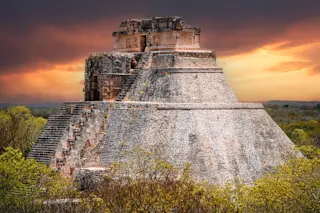In an interesting essay in the NYT, a philosopher reminds us that there is
no denying that there is a strong consensus among climate scientists on the existence of A.G.W. "” in their view, human activities are warming the planet.
Since there is no denying this, hardcore climate skeptics (who don't believe in AGW) take a broad brush approach to tar an entire discipline: they will point to Climategate or IPCC mishaps as a means to condemn all of climate science as hogwash. I don't get this. It's like saying all journalism is rotten because of a plagiarism scandal or the deviant behavior of a newspaper. And the journalism scandals I cited are way worse than any controversy (in terms of actual misdeeds) that's dinged the climate science profession. Moreover, there's an erosion of public faith in journalism after such incidents that is way deeper than what the climate science ...













